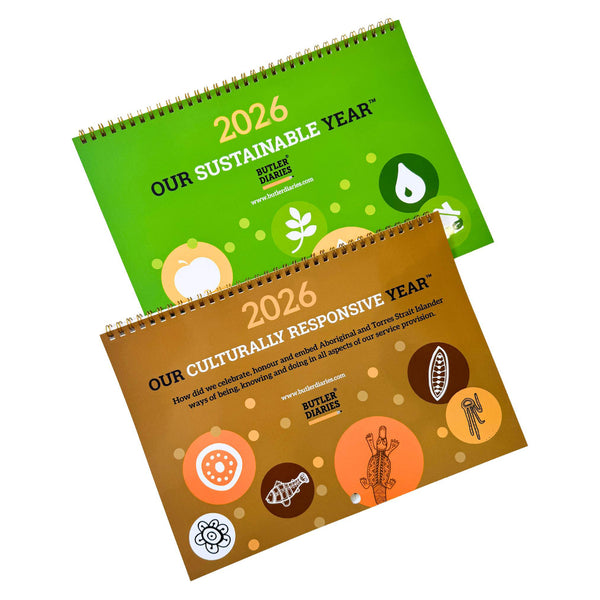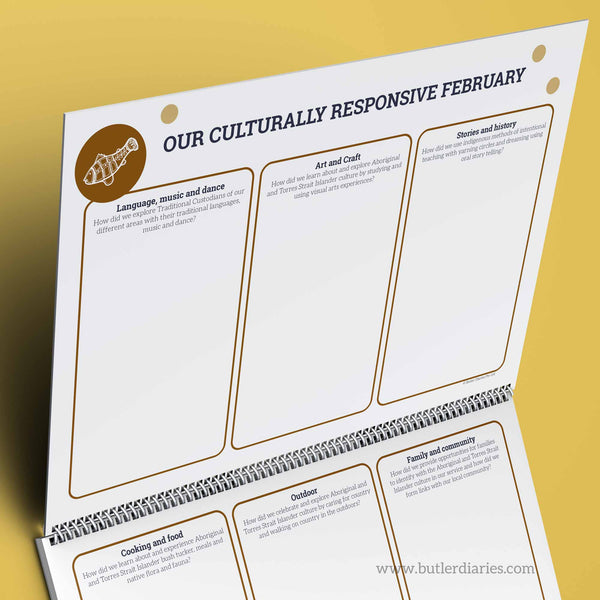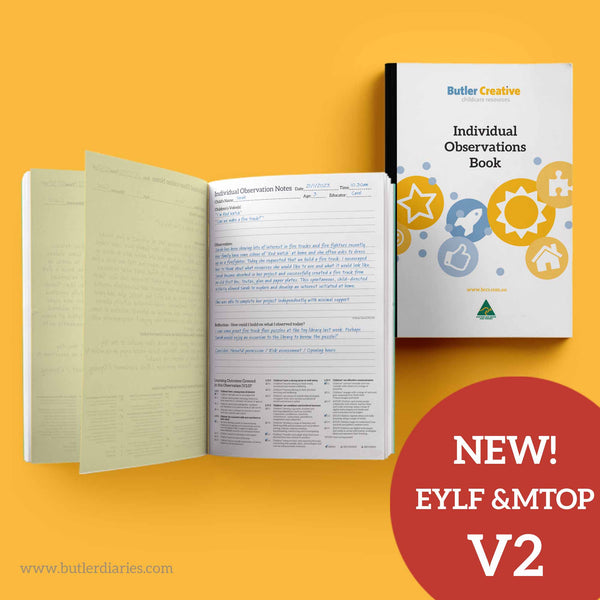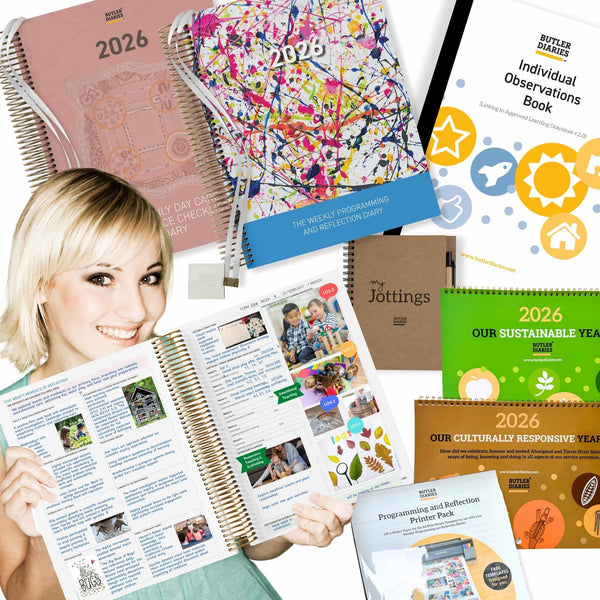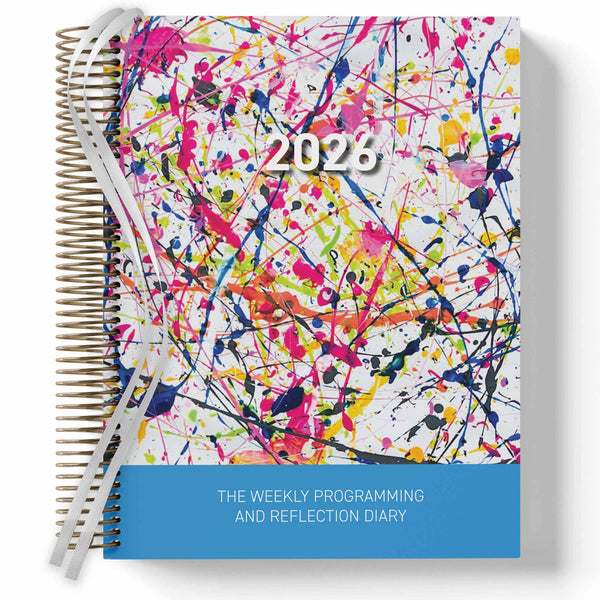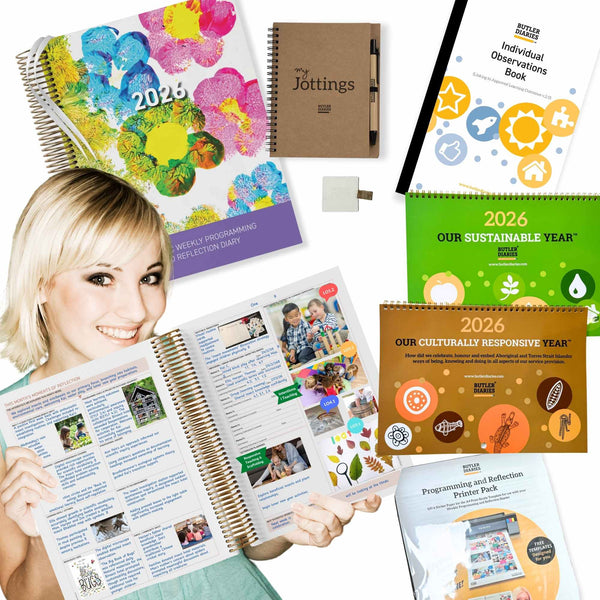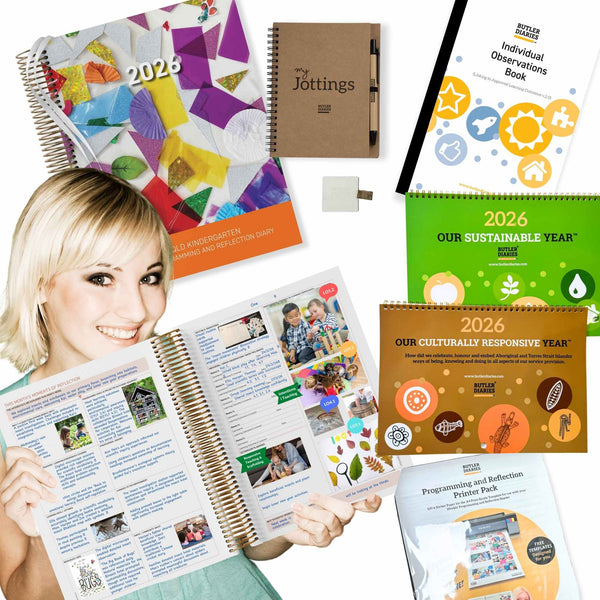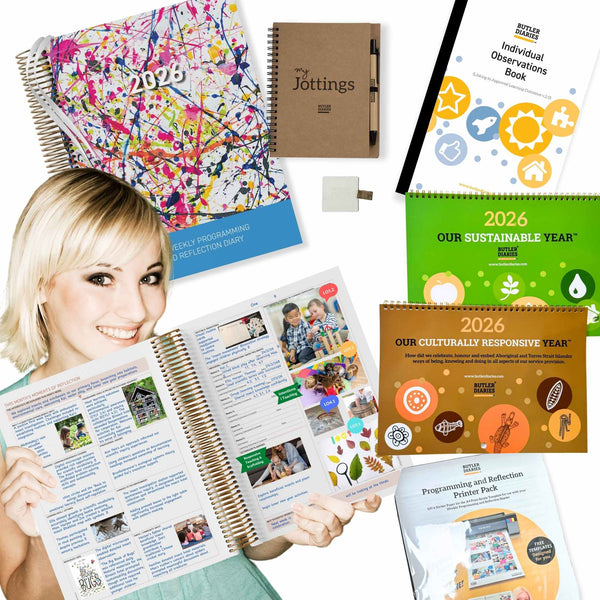As an Early Childhood Educator, creating a play-based learning program is not just about facilitating play but harnessing its potential to foster holistic development. Play-based learning is an integral component of Early Childhood Education and Care (ECEC), aligning beautifully with the Early Years Learning Framework (EYLF). Through play, children explore, experiment, and make sense of the world around them, contributing to their physical, social, emotional, and cognitive development.
In this post, we’ll guide you through creating a play-based learning program and offer tips for recording it effectively in your Weekly Programming and Reflection Diary.

What Is Play-Based Learning?
Play-based learning is a pedagogical approach where play is the core medium for learning. It allows children to engage in open-ended activities that spark curiosity, creativity, and collaboration. In this environment, educators take on a facilitating role, observing, engaging, and extending the learning opportunities through intentional interactions.
The EYLF highlights the importance of play, stating that “play provides opportunities for children to learn as they discover, create, improvise, and imagine” (EYLF, Outcome 4). Through this approach, educators can support children's autonomy, social connections, and understanding of the world.
Key Steps to Creating a Play-Based Learning Program
1) Know Your Children’s Interests
Begin by observing the children's current interests and curiosities. The EYLF encourages educators to recognise children’s agency, and creating a program that starts with what the children are already curious about ensures engagement and meaningful learning.
Tip: Use the “Observations” section of your Weekly Programming and Reflection Diary to note these interests and reflect on how they can inform your program planning.

2) Set Clear Learning Intentions
While play may seem unstructured, it’s important to have clear learning intentions that align with the EYLF outcomes. Whether it’s developing fine motor skills, enhancing social interaction, or encouraging critical thinking, link these goals back to the framework.
-
For example:
- Outcome 1: Children develop a sense of identity through role-playing games.
- Outcome 2: Children connect with and contribute to their world through nature-based play.
Tip: Clearly outline these learning intentions by linking your program with the learning outcome section of your Diary.
3) Create a Stimulating Environment
A well-organised environment invites play. Design your space with open-ended resources like blocks, natural materials, and role-play areas. Ensure the layout encourages exploration, collaboration, and imaginative play.
Tip: In the “Changes to the Environment” section of your Diary, reflect on how your setup supports various types of play and learning outcomes.
4) Balance Child-Led and Educator-Guided Play
While the beauty of play-based learning lies in its flexibility, there are times when educators need to step in and guide the play to scaffold deeper learning. Ask open-ended questions, provide additional resources, or challenge children to extend their ideas.
Tip: Record these intentional teaching moments in your Weekly Programming and Reflection Diary under “Intentional Teaching” to ensure you reflect on how your interactions are enhancing children’s learning experiences.
5) Incorporate All Types of Play
Play comes in various forms, each supporting different aspects of development:
- Physical Play: Encourages gross motor development (EYLF Outcome 3).
- Social Play: Fosters collaboration and negotiation skills (EYLF Outcome 2).
- Constructive Play: Develops problem-solving and critical thinking (EYLF Outcome 4).
- Dramatic Play: Supports creativity and emotional understanding (EYLF Outcome 5).
Tip: Rotate materials and areas in your environment to ensure a balance of play types. Use the “Changes to the environment” section of your Weekly Programming and Reflection Diary to track which types of play are being offered and identify any gaps.

Tips for Recording Your Play-Based Program in Your Weekly Programming and Reflection Diary
Creating a robust play-based program is just the beginning. Documenting and reflecting on your planning is key to staying aligned with the EYLF and ensuring continuous improvement. Here are some tips for utilising your Weekly Programming and Reflection Diary effectively:
-
Link Play to EYLF Outcomes. Ensure that every planned play experience links to at least one EYLF outcome. For instance, if you’ve set up a sensory table with water play, consider how it might link to Outcome 2 (children become socially responsible) and Outcome 4 (children develop dispositions for learning such as curiosity). You can use a range of methods to link the learning outcomes to your program including ticking, writing the code LO3, or even using our EYLF Highlighter.
-
Document Spontaneous Play. While you may have a program in place, some of the most valuable learning moments happen spontaneously. Pre-plan some of your program based on children's goals and your previous week's program and reflections, however leave space to record spontaneous experiences as they arise, reflecting how you can extend the learning or incorporate it into future programming.
-
Evaluate the Program Regularly. Reflect on the effectiveness of your play-based learning experiences. What worked well? What could be improved? This ongoing reflection aligns with the EYLF's principle of continuous learning and improvement. Use the “Reflection Spread” of your Diary to evaluate whether the play opportunities are meeting the children’s developmental needs and interests.
-
Involve Children in the Planning. EYLF encourages educators to respect children’s voices. Regularly ask children what they enjoyed and what they would like to explore next. Record these insights in your Diary to guide future planning.

Final Thoughts
Creating a play-based learning program takes intentionality, flexibility, and continuous reflection. By aligning your program with the EYLF and using your Weekly Programming and Reflection Diary to document, plan, and reflect, you can ensure that the play-based experiences you provide are meaningful, engaging, and developmentally appropriate.
Play isn’t just for fun—it’s the foundation of early learning, fostering a lifetime of curiosity and critical thinking. Let your Diary be the tool that helps you not only plan but celebrate each child’s learning journey.
For answers to more frequently asked questions, check out this article.










